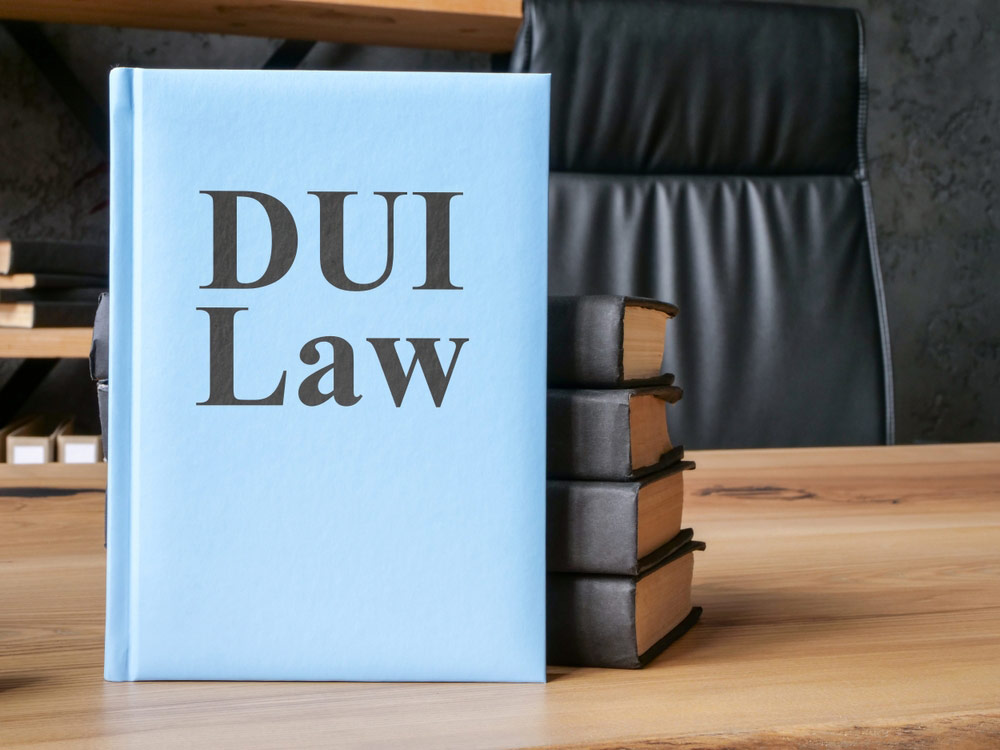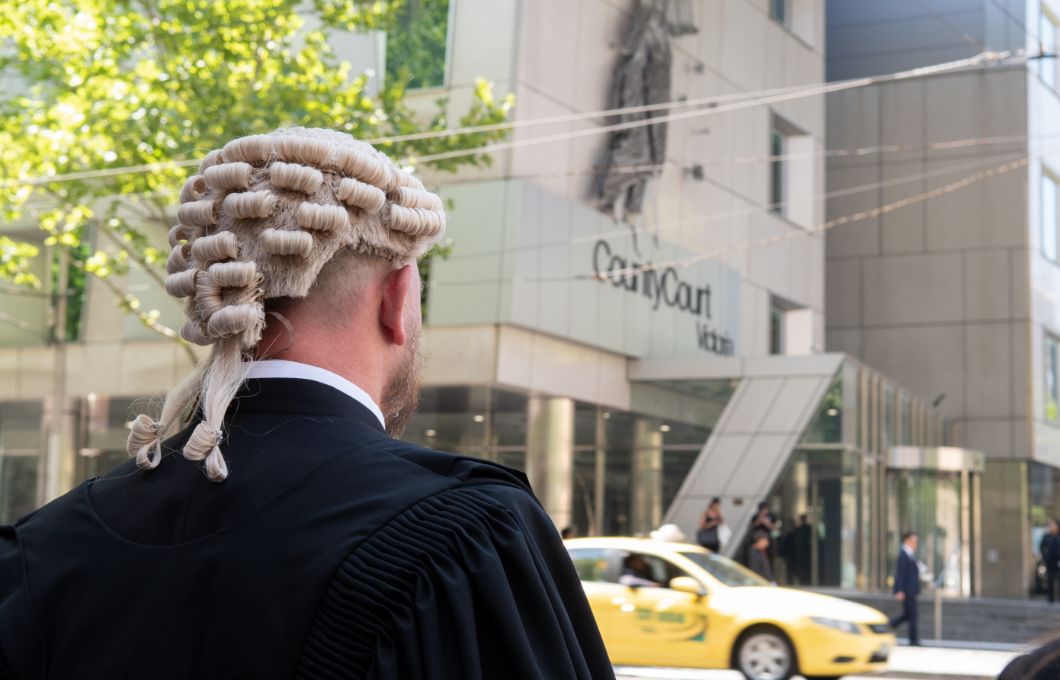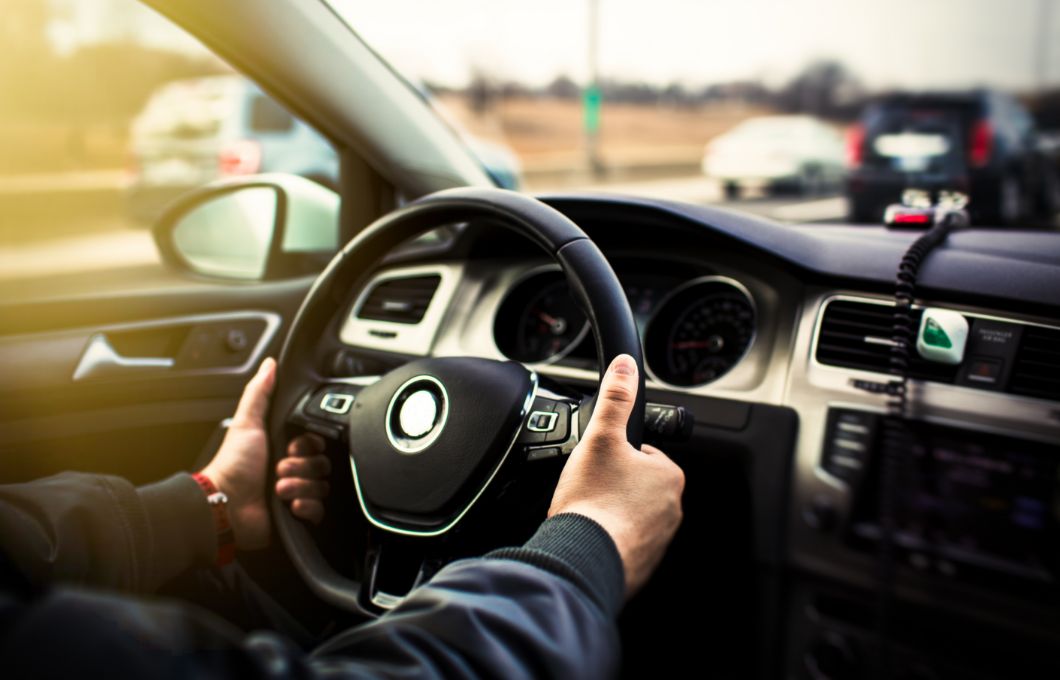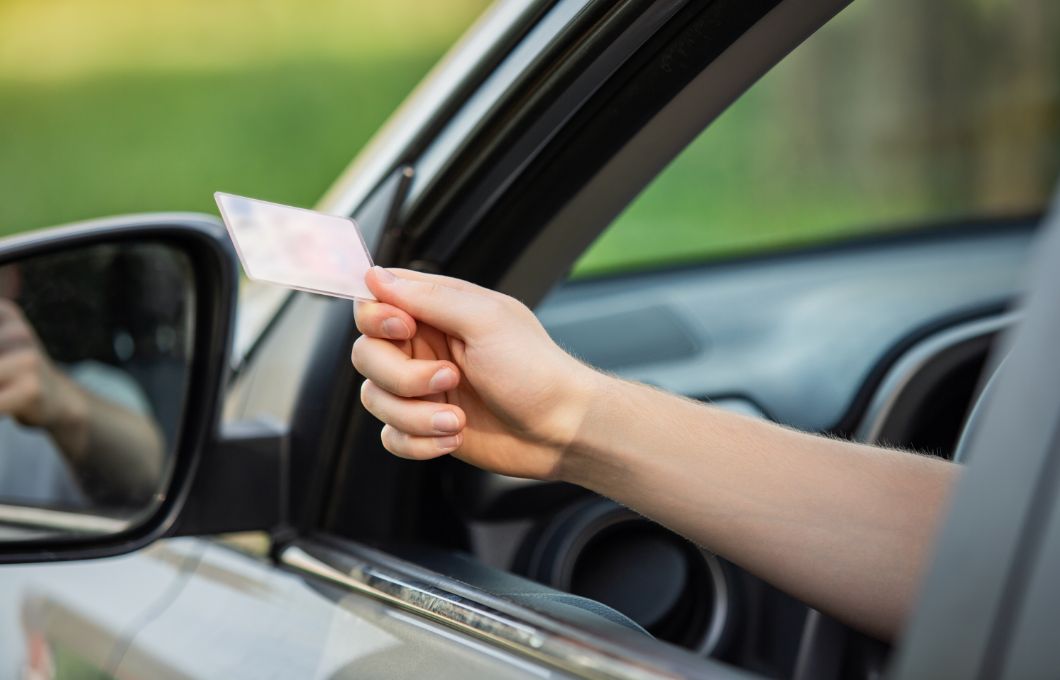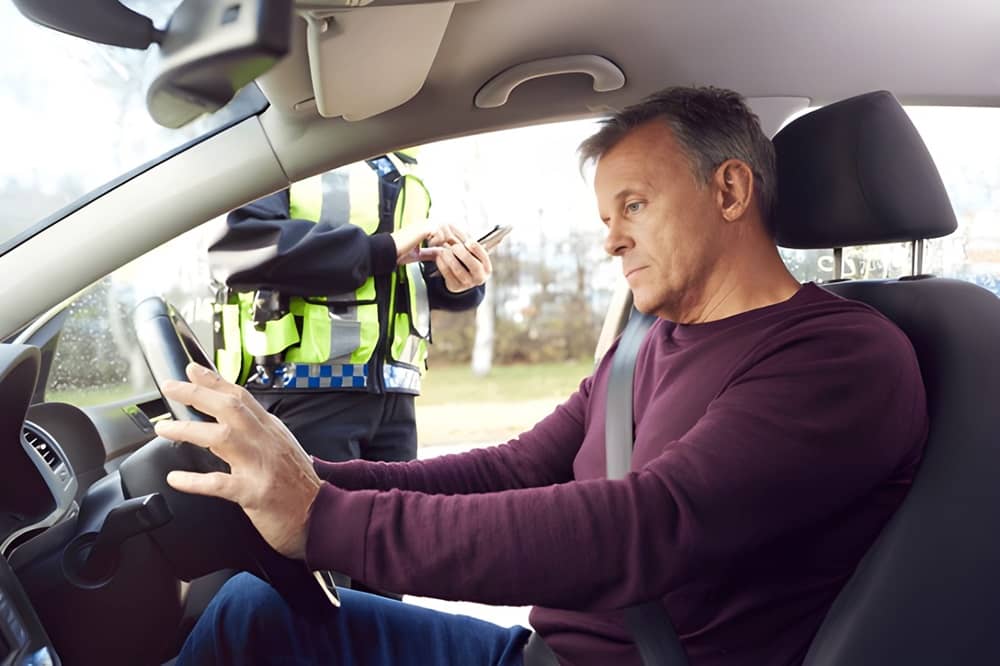
If you’re ever pulled over and asked to take a breath test, your first instinct might be to panic — especially if you’ve had a drink or two. Some people think that refusing the test might save them from a conviction. But under Australian law, refusing a breath test often makes things far worse than failing one.
In this guide, we’ll break down exactly what happens if you refuse a breath test, what the law says in different states, the potential penalties, and why getting advice from experienced drink driving lawyers can make all the difference.
What Is a Breath Test and Why Police Conduct It
A breath test measures the amount of alcohol in your breath to estimate your Blood Alcohol Concentration (BAC).
Police conduct two types of tests:
- Preliminary breath test (roadside): A quick test using a handheld device to see if you’ve been drinking.
- Evidentiary breath test (station test): If the roadside test detects alcohol, you’ll be taken to a police station or booze bus for a formal test that’s used as evidence in court.
These tests are a cornerstone of Australia’s zero-tolerance road safety laws. According to the Australian Institute of Health and Welfare, alcohol contributes to roughly 30% of fatal crashes each year. That’s why police have broad powers to stop drivers at random and request a breath test at any time.
Looking for traffic Lawyers in Broadmeadows, Doreen, or Epping? If you’ve been charged with a traffic offence, such as drink, drug or reckless driving, you need talented and compassionate traffic lawyers. Don’t take the risk; contact Nardi Lawyers to discuss your options.
What the Law Says About Refusing a Breath Test
Under Australian law, refusing to undergo a breath test without a reasonable excuse is considered a criminal offence — it’s treated just as seriously (or even more seriously) than being over the limit.
Here’s what it looks like in different states:
- > Victoria: Refusing to provide a breath sample is equivalent to a high-range drink driving offence.
- > New South Wales: Refusal can result in immediate licence suspension and hefty fines.
- > Queensland: A person who fails to provide a specimen is deemed guilty of the highest level of drink driving.
- > South Australia & Western Australia: Similar provisions — refusal is treated as a major offence.
In short, the law assumes that if you refuse, you probably have something to hide — and the penalties reflect that.
What Counts as a “Reasonable Excuse”?
There are very few legitimate reasons for refusing a breath test. Some examples that may be accepted include:
- > A medical condition (for example, severe respiratory illness or recent surgery affecting your ability to blow).
- > A genuine emergency (like needing urgent medical help for yourself or someone else).
Even then, police and the court will expect proof. Simply saying you were anxious, didn’t understand the process, or thought the test was optional won’t count.
The Penalties for Refusing a Breath Test
The penalties vary slightly by state, but they all carry serious consequences — usually harsher than those for low- or mid-range drink driving.
Here’s a general overview:
- > Immediate licence suspension (often on the spot).
- > Fines up to $5,000 or more depending on the jurisdiction.
- > Automatic disqualification of your driver’s licence (often between 12 months and 3 years for a first offence).
- > Possible jail time for repeat offenders.
- > A criminal conviction that will appear on your record.
In Victoria, for instance, refusing a breath test can lead to a minimum 2-year licence disqualification for a first offence — and a mandatory alcohol interlock device when you get your licence back.
It’s a strong message from the courts: refusing doesn’t help you avoid consequences; it just makes them worse.
“But What If I Just Refuse the Roadside Test?”
A common misconception is that refusing only the roadside (preliminary) test isn’t a big deal. Unfortunately, that’s not true.
If you refuse a roadside test, police can arrest you and take you to a station or booze bus for a formal evidentiary test. If you refuse that too, you’ll face the same penalties as someone charged with a high-range drink driving offence.
And since police body cameras record most interactions, there’s almost no way to argue later that you weren’t properly asked or didn’t understand.
What Happens After You Refuse a Breath Test
Here’s what typically follows:
- You’ll be arrested and taken to a police station.
- Your licence may be immediately suspended on the spot.
- You’ll receive a court attendance notice to appear before a magistrate.
- If convicted, you’ll face fines, disqualification, and possibly a criminal record.
Even if you believe your rights were infringed or that the police acted unfairly, it’s important to remain calm and cooperate. Those concerns can be raised later with the help of a lawyer — not during the arrest.
The Consequences Beyond the Courtroom
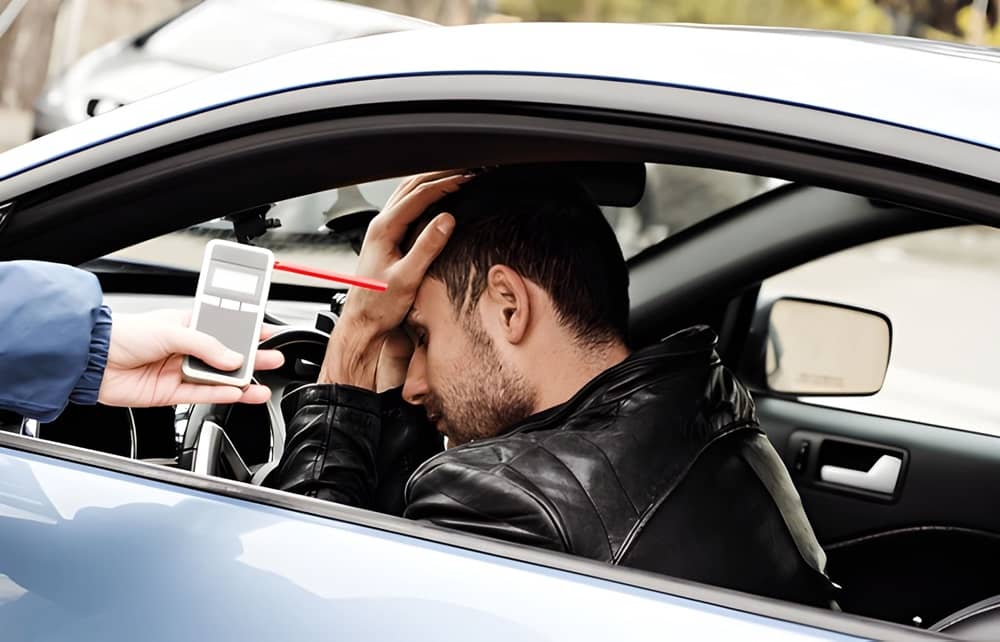
Losing your licence is just the beginning. Refusing a breath test can affect several areas of your life:
- > Employment: If your job requires driving, you may lose it.
- > Insurance: Your car insurance might be voided, and premiums could skyrocket.
- > Travel: Some countries (like the U.S. and Canada) may deny visas to people with serious driving convictions.
- > Future offences: Courts treat prior refusals as aggravating factors, meaning harsher penalties if you offend again.
So while you might think refusing a test buys you time, it can create long-term issues that extend well beyond the legal system.
Searching for traffic lawyers in Frankston, Greensborough, or Heidelberg? Nardi Lawyers are the top choice. With hundreds of successful cases and satisfied clients, we have well and truly proven ourselves as an industry-leading law firm in the area of traffic offences.
How Drink Driving Lawyers Can Help
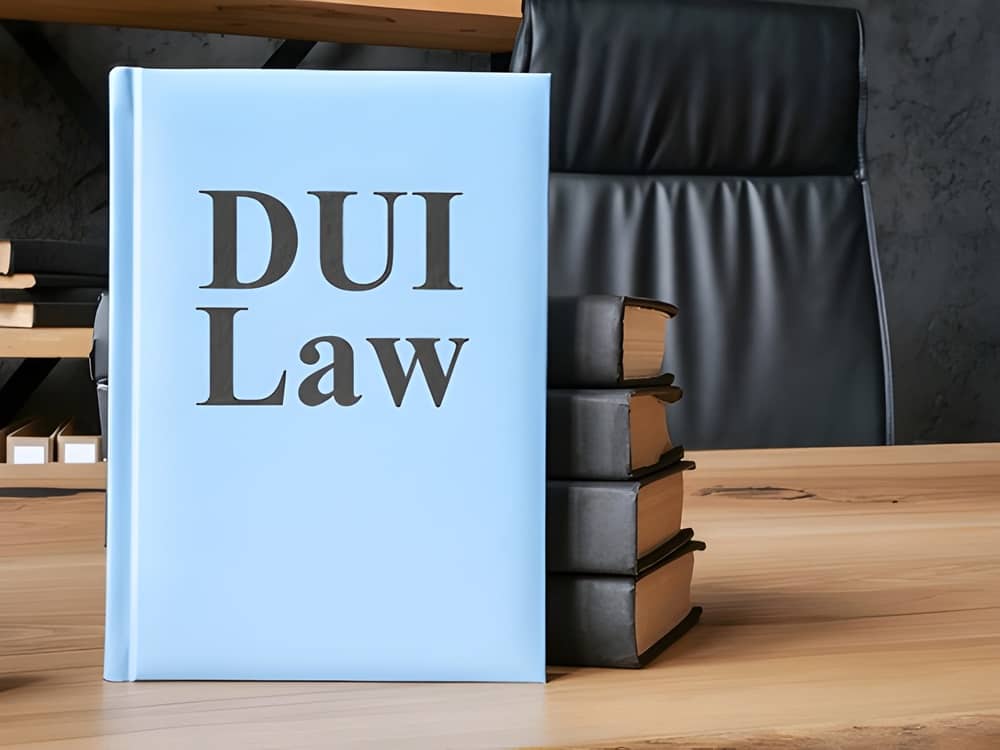
If you’ve refused a breath test or are facing charges, speaking to an experienced drink driving lawyer immediately is crucial. Here’s why:
1. They Understand the Law and the Exceptions
Drink driving laws are highly technical. A lawyer can review the details to see if police followed proper procedures for instance, whether they explained your rights correctly or allowed for medical exemptions.
2. They Can Negotiate Lesser Penalties
If it’s your first offence, your lawyer may be able to argue for a reduced disqualification period, a fine instead of jail, or no conviction recorded under certain circumstances.
3. They Help You Navigate the Court Process
For most people, court is intimidating. A lawyer can prepare your submissions, represent you before the magistrate, and ensure your case is presented clearly and respectfully.
4. They Protect Your Long-Term Interests
Beyond the case itself, your lawyer can advise you on licence reinstatement, interlock requirements, and strategies to rebuild your record.
At Nardi Lawyers, we’ve represented hundreds of clients facing drink driving and refusal charges across Victoria. We know the stress that comes with these situations — and we know how to help you achieve the best possible outcome.
The Smarter Choice: Cooperate, Then Call a Lawyer
Refusing a breath test doesn’t make a charge disappear — it usually makes things worse. You risk losing your licence for years, paying thousands in fines, and facing a criminal conviction that follows you for life.
The smarter move is to:
- Cooperate with police when asked to take the test.
- Stay calm and respectful — your behaviour matters.
- Contact a drink driving lawyer as soon as possible afterwards to understand your rights and options.
At Nardi Lawyers, we take a personalised approach to every case. Whether it’s your first offence or a repeat charge, we’ll assess the circumstances, explain the likely outcomes, and fight for the best possible result.
If you’re facing a breath test refusal or drink driving charge, don’t navigate it alone.
Reach out to Nardi Lawyers today for expert legal advice and representation. Our experienced team can guide you through the process, protect your rights, and help you get back on track with minimal impact on your future.
Contact us — trusted drink driving lawyers in Melbourne dedicated to achieving the best outcomes for our clients.
Common Questions About Breath Test Refusals
Can I ask to take a blood test instead of a breath test?
No. You can only request a blood test after completing a breath test, not as a substitute for it. Refusing the breath test first still counts as an offence.
Can I delay the test until my lawyer arrives?
No. You are legally required to comply immediately. Waiting for legal advice before blowing into the device is considered refusal.
What if I wasn’t driving but sitting in the car?
You can still be charged if police believe you were in control of the vehicle even if you were parked. The law focuses on your ability to operate the vehicle, not whether you were actually moving.
What if I didn’t understand the officer’s instructions?
If there was a genuine communication barrier (for example, due to a language issue or hearing impairment), that can sometimes be a defence but it must be proven.

-
Michael0491 626 283
-
Nicholas0493 141 014
-
Email Address[email protected]
-
Address
Nardi Lawyers Pty Ltd
Suite 22 Level 1/797 Plenty Rd,
South Morang VIC 3752, Australia -
Address
456 Lonsdale Street, Melbourne, Victoria, 3000
"*" indicates required fields



